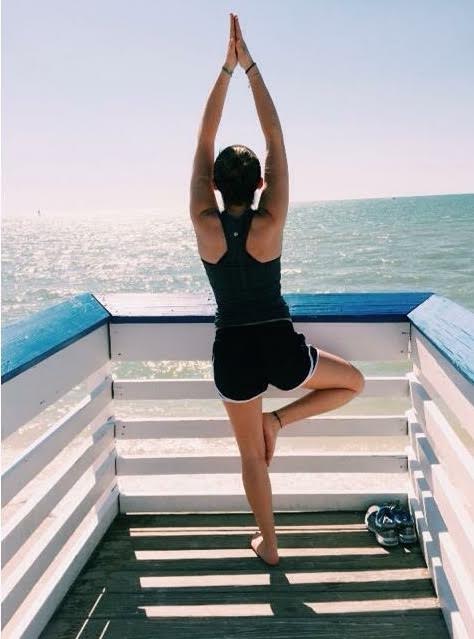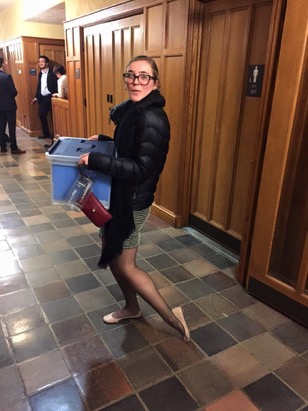College is the first time in our lives where we are allowed endless freedom. For the first time in most of our lives this is the chapter of our lives where we are completely independent and have the capability to do literally anything with our lives, which is scary yet incredibly liberating. Many people will tell you that college is the best time of our lives for so many reasons, but I think many underestimate the emotional journey that many students undergo.
Along with this new independence and freedom comes a lot of soul-searching. Who do you want to be? What do you stand for? What are your special talents and quirks and more importantly, what would you like to do with them to better the world around you? At a large school like Delaware, we are constantly meeting new people and immersing ourselves in different experiences. There is a lot of pressure at this time in our lives to really discover our true selves. It is easy to get lost, it is easy to feel like your life is in shambles (when in reality, it is most definitely not), and it is easy to feel like you do not even know yourself. I have felt like this, as I am sure most people have, on numerous occasions, and to solve my unsettled feelings, I have a mental list of things I can do to help myself clarify, reflect, and realize that I can do anything I set my mind to, so I figured I would share them!
1. Solo Adventures
Some hate being alone, and some love it. Regardless, going on adventures by yourself can really give you peace of mind that you didn’t even know you needed. I call my alone time my solo adventures, even if it just means walking to the get coffee or to the pharmacy and back. I highly recommend doing things by yourself sometimes in college to let ourselves breathe from the chaotic world.
2. Writing
This one is pretty self-explanatory, yet so many people loathe putting their words on paper (or on a computer). I understand why people would hate writing for school, but writing things down for yourself is so therapeutic. You aren’t being graded and you can literally write whatever you want… do it. Sometimes I find myself reading old things I’ve written about a specific incident or feeling that I had and it’s actually nice to look back on these things, good or bad.
3. Yoga
Many people cringe at this word. DISCLAIMER: contrary to popular belief, you do not need to be flexible for yoga. I think people have this confused. Yoga is whatever you make of it and the goal of yoga is to synchronize your mind, your body, and your breath. If your body is telling you to just lay on the mat, that can be yoga too! I started this beautiful art at a time in my life where I was feeling very anxious and although I do not do yoga everyday, it has taught me a lot about myself and it’s something I know I can always do. Plus, yoga clothes are cute!
4. Talking to people
I mean have a real, genuine conversation with someone. I understand it can be a bit awkward to just delve into a serious conversation with someone, but sometimes if you just start talking about whatever you are feeling, it will just flow and the next thing you know, you are gaining insight from whoever you’re talking to. The ability to speak to others is something we take for granted.. the power of human communication is one of the greatest of all because we are so intrinsically different and complex, yet we all influence each other. Plus, if you’re talking to someone who knows you well, they will really be able to help you with your unsettled feelings.
We all have our moments, especially in college. It is okay to be moving so fast and not even know which direction you’re going in… chances are there are thousands of people at school who feel the same way. When you’re feeling extra disoriented, extra emotional, or extra unsettled, take a deep breath and remind yourself that:
- You’re only human after all.
- You’re a blue hen, you’re the best breed of human there is!
~Avery Beer





